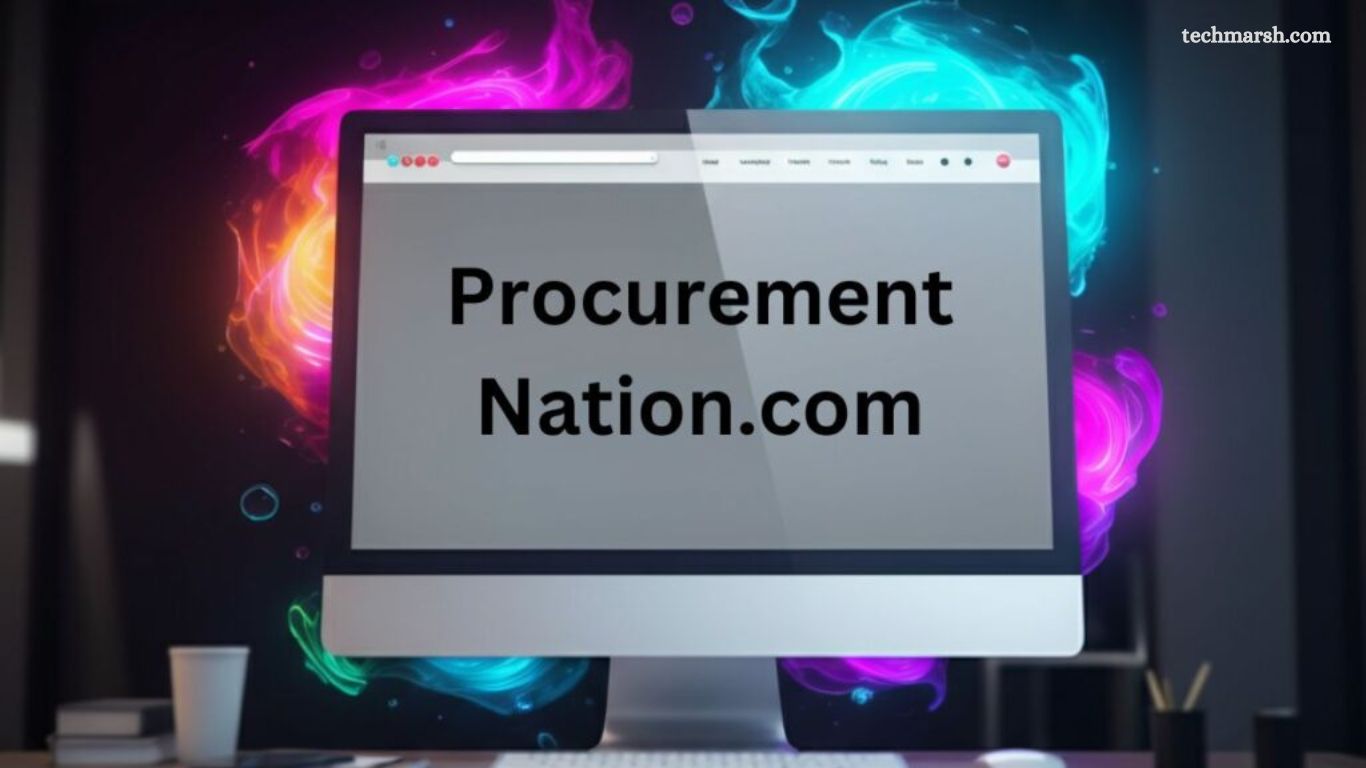What Business Owners Should Know About FDIC-Insured Savings Accounts

As a business owner, managing your company’s financial health is about more than tracking expenses and generating revenue. It also involves choosing the right place to store and grow your savings. While many focus on checking accounts for operational funds, savings tools—particularly those that are FDIC-insured—play a vital role in protecting your money and preparing for future expenses.
Understanding the basics of FDIC insurance and the types of savings accounts available can help you make smarter financial decisions and avoid unnecessary risks.
What Does FDIC Insurance Mean?
The Federal Deposit Insurance Corporation (FDIC) is an independent U.S. government agency that protects depositors by insuring deposits at participating banks. If an FDIC-insured bank fails, the FDIC will reimburse you for your insured deposits—up to $250,000 per depositor, per insured bank, for each account ownership category.
For business owners, this protection ensures that cash reserves are safe, even if the bank experiences financial trouble.
Why FDIC Coverage Matters for Businesses
Businesses often hold larger balances than individual consumers. That makes financial protection especially important. If you’re saving for payroll, taxes, expansion, or other large expenses, you want to be certain your funds are secure.
FDIC insurance provides:
- Peace of mind knowing your deposits are protected
- Risk reduction during periods of economic uncertainty
- Regulatory assurance that your funds are held in a stable institution
Not all financial products offer this protection, which is why understanding where your money is stored is critical.
Types of FDIC-Insured Business Savings Accounts
Not every savings tool is FDIC-insured. Some accounts—like brokerage accounts or high-risk investment products—do not qualify. However, traditional deposit accounts offered by FDIC-member banks do provide insurance coverage.
1. Business Savings Accounts
These are the simplest and most accessible FDIC-insured savings tools. You can usually open one through the same bank that manages your business checking. While interest rates may be lower than other options, they offer liquidity and protection.
Ideal for:
- Emergency funds
- Smaller businesses or startups
- Low-risk, short-term savings
Features:
- FDIC-insured up to the coverage limit
- Modest interest rates
- Easy access to funds
2. Money Market Accounts for Businesses
Money market accounts for businesses combine elements of savings and checking accounts. They typically offer higher interest rates than traditional savings accounts while still maintaining FDIC insurance when offered through a participating bank.
Ideal for:
- Businesses with higher cash reserves
- Those looking to earn more interest while retaining some liquidity
Features:
- FDIC insurance coverage
- Tiered interest rates based on balance
- Limited check-writing or debit access
- Higher minimum balance requirements
Money market accounts for businesses are a smart choice for organizations that want to grow savings without sacrificing peace of mind.
3. Certificates of Deposit (CDs)
Business CDs offer a fixed interest rate over a set term. Funds are locked in until maturity, which helps businesses plan long-term savings strategies with predictable returns.
Ideal for:
- Businesses with surplus cash not needed in the near term
- Saving for large future expenses
Features:
- FDIC-insured up to coverage limits
- Guaranteed interest rates
- Early withdrawal penalties apply
CDs don’t offer flexibility, but they’re a stable and insured option for savings you don’t plan to touch soon.
What FDIC Insurance Does—and Doesn’t—Cover
Understanding the limits of FDIC insurance can help avoid surprises. The coverage applies only to deposits held in insured accounts at FDIC-participating banks.
Covered:
- Checking accounts
- Savings accounts
- Money market deposit accounts
- CDs
Not Covered:
- Investments in stocks, bonds, or mutual funds
- Contents of safe deposit boxes
- Insurance or annuity products
- Cryptocurrency or fintech platform balances not held in insured accounts
For business owners using online financial platforms or third-party payment processors, it’s important to verify where your funds are actually being held and if they qualify for FDIC protection.
Tips for Maximizing FDIC Insurance Coverage
FDIC coverage is capped at $250,000 per depositor, per insured bank, per ownership category. This can create challenges for businesses that keep large reserves. However, there are a few ways to maximize coverage while maintaining insurance protection.
1. Use Multiple Insured Banks
Opening accounts at more than one FDIC-insured institution allows you to increase your total insured balance. Each bank provides up to $250,000 of coverage per ownership category.
2. Explore Deposit Allocation Services
Some banks offer programs that spread your deposits across a network of institutions while maintaining a single point of contact. These services allow businesses to access multimillion-dollar FDIC coverage through one relationship.
3. Separate Ownership Categories
In some cases, businesses with different tax IDs or legal structures may qualify for separate coverage categories. Speak with your bank or financial advisor to explore whether this applies to your setup.
Choosing the Right FDIC-Insured Savings Tool for Your Business
Every business has unique savings goals, cash flow patterns, and risk tolerance. Choosing the right savings account means evaluating what matters most: access, interest earnings, or long-term growth.
Business savings accounts are great for day-to-day reserves and emergency funds. They’re low-risk and insured, but returns are modest.
Money market accounts for businesses offer higher rates and are better suited for companies with stable cash flow. They balance growth and flexibility while maintaining FDIC protection.
Business CDs lock in savings and guarantee returns for specific periods, making them ideal for businesses with long-term financial strategies.
Questions to Ask Before Opening an FDIC-Insured Account
Before committing to any savings product, consider the following:
- Is the account held at an FDIC-insured institution?
- What is the interest rate, and is it fixed or variable?
- Are there minimum balance requirements or monthly fees?
- How easily can you access your funds in case of emergency?
- Will the account help meet your short-term and long-term business goals?
These questions can help guide your decision and ensure the account fits into your broader financial strategy.
Final Thoughts
Savings are essential for long-term business success, but where and how you save can make a big difference. FDIC-insured accounts give business owners a sense of stability and protection that’s critical in a changing financial landscape.
If you’re looking for options that go beyond basic savings—without taking on too much risk—money market accounts for businesses offer a compelling mix of interest potential, liquidity, and insurance protection.
As you evaluate your choices, keep FDIC coverage top of mind. Choosing the right tool today can help your business weather uncertainty, seize opportunities, and grow with confidence tomorrow.




